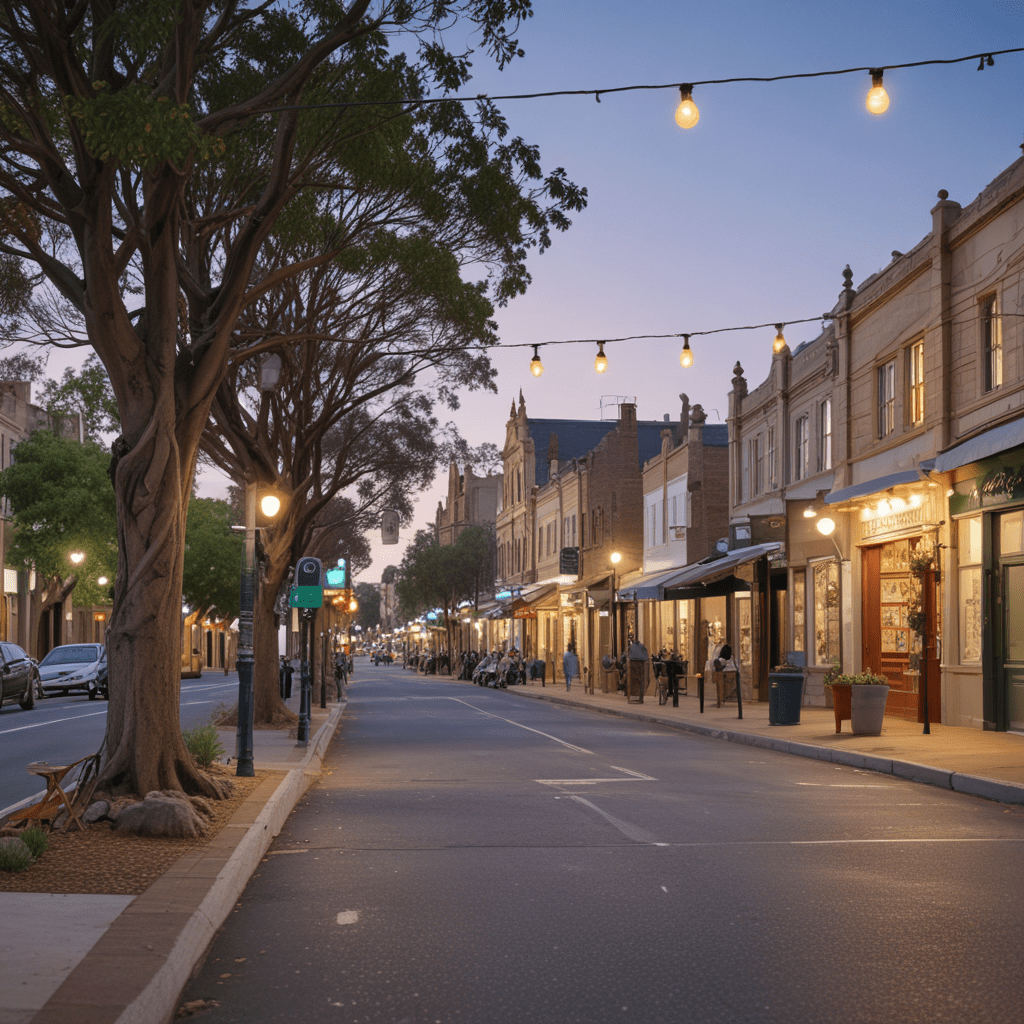Eco-Friendly Accommodation Options in Bangladesh
Bangladesh, a land of vibrant culture and natural beauty, offers a rich tapestry of eco-friendly accommodation options. These sustainable retreats cater to travelers seeking a harmonious blend of comfort and environmental consciousness.
I. Introduction
Bangladesh's tourism sector is poised for growth, with its diverse landscapes, rich history, and warm hospitality attracting visitors from around the globe. In line with this expansion, there is a growing demand for accommodation options that tread lightly on the environment. Eco-friendly resorts, hotels, and guesthouses offer a welcome respite, showcasing the country's commitment to sustainable tourism.
II. Definition of Eco-Friendly Accommodation
Eco-friendly accommodation adheres to specific criteria that prioritize environmental conservation. These include:
- Energy efficiency through solar panels, LED lighting, and efficient appliances
- Water conservation measures such as rainwater harvesting and low-flow fixtures
- Waste reduction initiatives, including recycling, composting, and minimizing single-use plastics
- Sustainable building materials and practices that minimize environmental impact
- Support for local communities and cultural heritage
III. Existing Eco-Friendly Resorts and Hotels
Bangladesh boasts a range of eco-friendly resorts and hotels that seamlessly blend comfort and sustainability. These include:
- Sundarbans Eco Resort: Nestled amidst the mangroves of the Sundarbans, this resort offers a unique experience in one of the world's largest mangrove forests. It features traditional cottages built from sustainable materials and emphasizes water conservation and renewable energy.
- Riverview Eco Resort: Located on the banks of the Surma River in Sylhet, this resort offers breathtaking views and a tranquil atmosphere. Its eco-friendly practices include solar-powered electricity, energy-efficient appliances, and a waste management system that minimizes environmental impact.
VI. Village Homestays and Community-Based Tourism
Eco-friendly accommodation extends beyond resorts and hotels to embrace village homestays and community-based tourism initiatives. These options provide travelers with an immersive experience while supporting local livelihoods. Homestays in rural villages offer a glimpse into traditional Bangladeshi culture, showcasing local crafts, culinary traditions, and daily life. Travelers can participate in hands-on activities such as cooking classes, farming, and cultural workshops, forging meaningful connections with the community.
VII. Green Boutique Hotels in Urban Centers
Sustainable practices are not limited to rural areas; urban centers also embrace eco-friendly accommodation. Green boutique hotels in Dhaka and other cities prioritize energy efficiency, water conservation, and waste reduction. These hotels often incorporate architectural designs that maximize natural light and ventilation, reducing the reliance on artificial lighting and air conditioning. Eco-conscious amenities, such as biodegradable toiletries and refillable water bottles, minimize environmental impact while providing a comfortable stay for guests.
VIII. Eco-Friendly Farm Stays
For travelers seeking an authentic countryside experience, eco-friendly farm stays offer a unique immersion into agricultural life. These accommodations are situated on working farms and agrotourism destinations, providing opportunities for farm-to-table dining and hands-on experiences. Guests can learn about sustainable farming practices, participate in harvesting activities, and enjoy the tranquility of rural surroundings. Farm stays often source produce from local farmers, supporting the local economy and reducing food miles.
IX. Sustainable Guesthouses and Hostels
Budget-conscious travelers can also opt for eco-friendly guesthouses and hostels. These shared accommodations prioritize sustainability without compromising comfort. They often feature energy-efficient lighting, water-saving fixtures, and recycling programs. Common spaces encourage interaction and shared experiences, promoting a sense of community among guests. Sustainable guesthouses and hostels provide an affordable and environmentally conscious way to explore Bangladesh.
X. Future Prospects and Trends
The demand for eco-friendly accommodation in Bangladesh is projected to continue growing, driven by increasing traveler awareness of environmental issues and the government's commitment to sustainable tourism. As the industry evolves, we can expect to see further innovations in green building technologies, renewable energy solutions, and waste management practices. Collaboration between the government, tourism operators, and local communities will be crucial in promoting eco-friendly accommodation and ensuring its long-term viability.
FAQ
Q: What are the benefits of staying in eco-friendly accommodation?
A: Eco-friendly accommodation reduces environmental impact, promotes local livelihoods, and enhances traveler experiences through immersive cultural exchanges and exposure to sustainable practices.
Q: Is eco-friendly accommodation more expensive?
A: While some eco-friendly resorts and hotels may have higher rates, there are also affordable options such as guesthouses, homestays, and hostels that prioritize sustainability.
Q: How can I identify eco-friendly accommodation?
A: Look for certifications from recognized eco-labels, read reviews from fellow travelers, and ask the accommodation directly about their sustainability practices and initiatives.
Q: What are some tips for being an eco-conscious traveler?
A: Conserve water and energy, minimize waste, respect local cultures, and support locally owned businesses to contribute to the sustainability of the destinations you visit.


